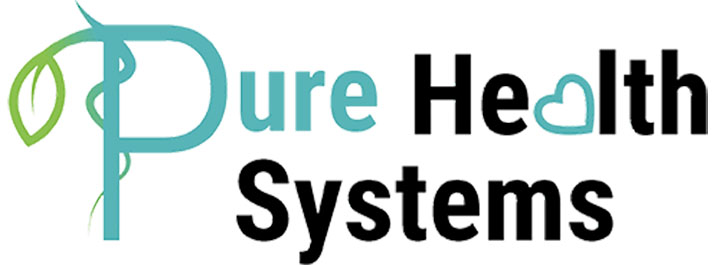1. What Are Phytochemicals?
Phytochemical is a term that simply means plant chemical. It refers to everything in plants – the sugars, fiber, vitamins, nutrients, etc. These are all phytochemicals. Scientists have become very excited about phytochemicals in recent years because many of these chemicals, which previously had no known function in human nutrition, seem to have a variety of biological effects in the body. Many of them act as antioxidants, some modify the immune system, and others alter enzymes that metabolize drugs in our system.
Lutein, found in tomatoes and other foods, is a good example of a phytochemical with strong antioxidant properties and other health benefits. Other examples of phytochemicals that are being researched for their potential health benefits and ability to affect various biological functions in the body include: isoflavones in soy, lycopenes, specific fatty acids (especially omega-3 fatty acids), plant sterols, and more. These phytochemicals or phytonutrients have been found to affect everything from immune function and blood pressure to hormone and neurotransmitter production. These phytochemicals can also interact with some medications and change their effects in the body.
One good example of how phytochemicals in plants can affect drug metabolism is grapefruit. This fruit contains several chemicals that alter an enzyme in the intestine that affects the metabolism of some drugs. In some cases a specific drug level will be increased, and in other cases, the drug level is decreased if it is washed down with grapefruit juice.
Because of the potential health benefits of these phytochemicals, dietary supplement companies have been putting just about any phytochemical you can eat into pill form. Although some of these isolated phytochemicals have research to support their use, in most cases we still don’t know if these isolated supplements have the same effect as eating fruits and vegetables. Because all plants are mixtures of many phytochemicals, their health benefits may be due to the unique combination of these phytochemicals, not just one isolated phytochemical. It is also important to remember that just because consumption of some of these compounds is health promoting, it does not mean that taking fistfuls of them will be healthy, and in some cases excess amounts may actually be harmful.
We are aware of the potential benefits of these phytochemicals, but also realizes that in many cases it is the unique natural combination of phytochemicals that is producing the health benefits. Part of our Product Philosophy is to provide products that are holistic, complete formulations. This means including the whole plant and whole food vitamins to ensure that nature’s natural balance of phytochemicals is provided. When you look at the labels of our whole food products, you will see that the whole food and/or whole plant is always included to ensure that you are receiving the full balance of vitamins and phytochemicals as provided in nature.
Consult your health practitioner on all medications, herbs and supplements you are taking. Consult your health professional before beginning The Enzyme Diet™ or any other diet or exercise program. Some herbs can react with medications, both prescribed and over the counter, and some herbal combinations can cause serious side effects.
